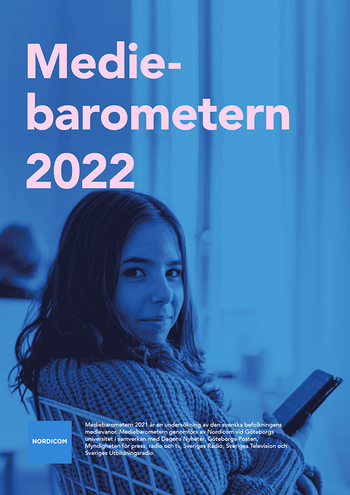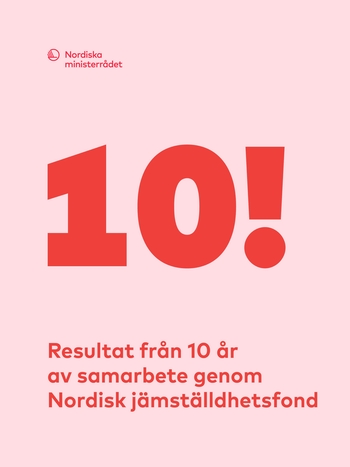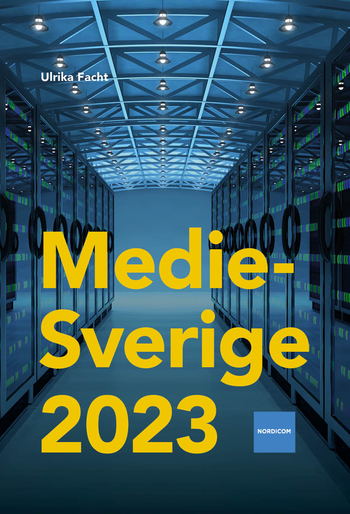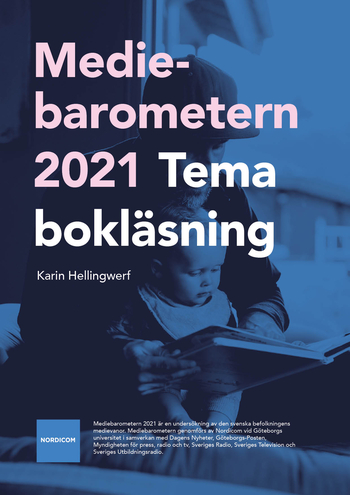Journalism in Conflict and Post-Conflict Conditions
Worldwide Perspectives

Information
Utgivningsdatum
Beskrivning
The essays in this book focus on the tension built into the vocation of the journalist. He and she not only report on what has happened but also play a key part in forging a way forward. The media both report on conflict and play a critical part in building consensus. The link between the two is the following: reporting on events is not just a passive process. In constructing a narrative for the reader, the journalist plays an active role in defining the event in question and underlining what is at stake. In sodoing, the journalist both reports as well as joins the effort to forge a way forward.The essays in this volume seek to probe the contradictory character of the journalist’s vocation: to report on conflict but also to build a consensus on the way out of it. What, in this context, is the meaning of mediation and reconciliation? Are journalists external to the conflict? Can they be objective or should they recognize their own limitations, thereby reporting all sides to the conflict? What are the moral dilemmas faced by a war journalist as opposed to a peace journalist, since the former is more likely to turn into an official mouthpiece? The essays address these questions in different contexts, ranging from Afghanistan to South Sudan, Syria to Libya, and Nepal to Colombia. In doing so, they allow us to go beyond the sometimes banal and formulaic literature on “peace-building” in “post-conflict” societies.




